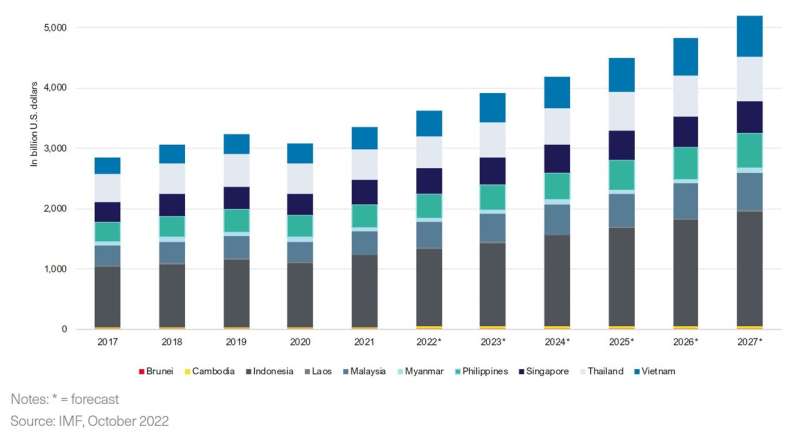
Greater transparency around the financial performance of renewables, strong regulation and risk management are key to boosting clean energy funding.
These were the main conclusions of a new report by Imperial College Business School and the International Energy Agency (IEA).
The impact of climate change is particularly acute in Southeast Asia, both from an energy security and a climate change perspective. A growing population and rapid urbanization is increasing energy demand—the region’s increasing import bill for gas and oil could reach over 5% of the region’s GDP by 2030.
Funding for clean energy solutions
The report calls for a rapid scale-up of investment across the entire spectrum of clean energy solutions and technologies, especially in renewables, where the gap is particularly acute. According to the report, both public and private sector involvement is needed to achieve this.
According to the IEA’s Sustainable Development Scenario, an annual investment of about $180 billion in clean energy is required in Southeast Asia by 2030 to maintain a trajectory compatible with the region’s climate goals. Current levels of clean energy investment stood at an average of $30 billion per year between 2016-2020.
With this investment gap in mind, the report authors outline a number of priorities for policymakers and market regulators that would significantly improve the investment climate at a time when clean energy investing has never been so important.
Led by Mili Fomicov, a Researcher at Imperial College Business School’s Centre for Climate Finance & Investment, the report explores the risks and returns, as well as the cost of capital for clean energy investment in the ASEAN region, identifying opportunities and barriers for private sector investors.
According to Fomicov, “To accelerate the transition to a lower carbon economy in the region, international and domestic policy support, as well as better regulatory frameworks, will be critical. While there are things that individual countries in the region must do—which this paper outlines –there are also clear regional priorities that could help mobilize private capital, globally”
The report recommends the following actions that could boost investment in clean energy in the region. They include:
- Greater transparency and the wider availability of data around the financial performance and cost of capital for clean energy projects
- Stronger regulatory frameworks concerning remuneration for renewables projects
- More robust financial market frameworks for renewables and transition investments
- An enhanced role for development finance institutions (DFIs) and blended finance
- Greater access to risk hedging tools to address credit and currency risks for private investors
- Improved power system connectivity across the region
More information:
Report: imperialcollegelondon.app.box. … gqo595icicn1wj829vfn
Citation:
Scale-up of clean energy funding in Southeast Asia needed to meet climate goals: Report (2023, March 27)
retrieved 27 March 2023
from https://techxplore.com/news/2023-03-scale-up-energy-funding-southeast-asia.html
This document is subject to copyright. Apart from any fair dealing for the purpose of private study or research, no
part may be reproduced without the written permission. The content is provided for information purposes only.
For all the latest Technology News Click Here
For the latest news and updates, follow us on Google News.

